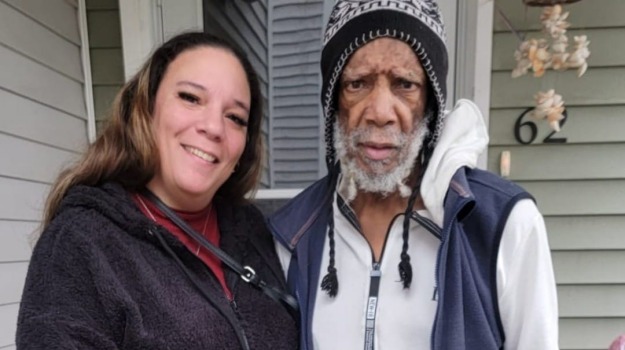The Massachusetts Department of Public Health (DPH) today announced the third human case of West Nile virus (WNV) in the state this year. The patient is a resident of Middlesex County in her 60s who was confirmed with WNV by testing completed by the Massachusetts State Public Health Laboratory. The patient was hospitalized during her illness but has returned home.
“The unusually warm weather we have had recently has prolonged the mosquito season,” said DPH Deputy State Epidemiologist Dr. Catherine Brown. “Risk of infection will continue until we have a hard freeze and is greatest during warm and humid days. That means it continues to be important for people to take steps to avoid mosquito bites including using repellents, using clothing to reduce exposed skin, and moving indoors when you notice the mosquitoes biting you.”
There have been two other cases of WNV infection in people this year: a resident of Bristol County in his 50s and a resident of Hampden County in his 60s. Both individuals were hospitalized during their illnesses. There have been no deaths this year from WNV.
In 2016, there were 16 human cases of WNV infection identified in Massachusetts. WNV is usually transmitted to humans through the bite of an infected mosquito. While WNV can infect people of all ages, people over the age of 50 are at higher risk for severe disease. Most people infected with WNV will have no symptoms. When present, WNV symptoms tend to include fever and flu-like illness. In rare cases, more severe illness can occur.
People have an important role to play in protecting themselves and their loved ones from illnesses caused by mosquitoes.
Avoid Mosquito Bites
Apply Insect Repellent when Outdoors. Use a repellent with DEET (N, N-diethyl-m-toluamide), permethrin, picaridin (KBR 3023), oil of lemon eucalyptus [p-methane 3, 8-diol (PMD)], or IR3535 according to the instructions on the product label. DEET products should not be used on infants under two months of age and should be used in concentrations of 30% or less on older children. Oil of lemon eucalyptus should not be used on children under three years of age.
Be Aware of Peak Mosquito Hours. The hours from dusk to dawn are peak biting times for many mosquitos. Consider rescheduling outdoor activities that occur during evening or early morning.
Clothing Can Help Reduce Mosquito Bites. Wear long sleeves, long pants, and socks when outdoors to help keep mosquitos away from your skin.
 New Bedford Guide Your Guide to New Bedford and South Coast, MA
New Bedford Guide Your Guide to New Bedford and South Coast, MA








